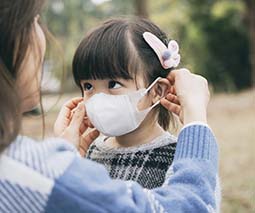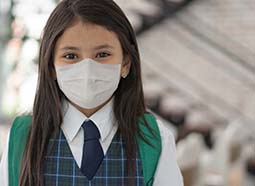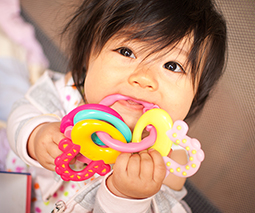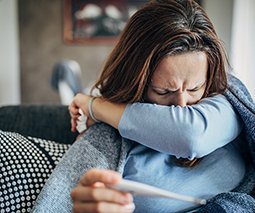Emergency! What to expect if your baby needs to go to hospital
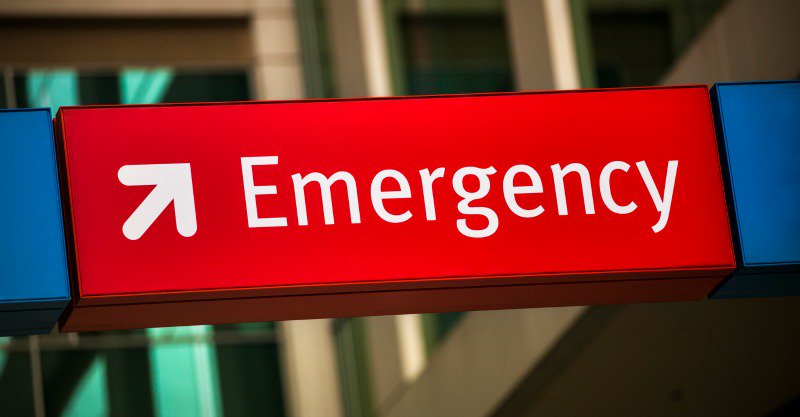
Some children are super healthy and (aside from birth) never set foot inside a hospital, but for many others a trip to the emergency department at some point is inevitable – even if it ends up not being serious. This can be super scary and confusing for parents when it happens the first time, so here’s a basic rundown of what you need to know.
When you should go
It’s completely natural to panic when you’re a parent but the last thing you want to do is drag yourself and your child unnecessarily to the hospital emergency department every time they have a sniffle. If your child appears generally unwell the best thing to do is call or visit your nearest GP for an assessment who will advise if an immediate hospital visit is required – such as when babies three months or under have a fever of 38 degrees or more.
The exception to this is if you believe it’s a life threatening situation in which case you need to dial 000 as quickly as possible for immediate medical advice while waiting for paramedics. This would apply in situations such as if your child:
- Stopped breathing or was struggling to breathe
- Was semi conscious or unconscious
- Was having a seizure
- Reacted badly to swallowing something poisonous
- Had sharp severe stomach pains
- Had an accident where there was a lot of blood loss
You can also skip the doctor and drive straight to emergency yourself if you believe your child has something serious going on but can wait until you get to hospital – such as a deep cut requiring stitches, a high fever and lethargy even after paracetamol has been given, they’ve had a bad fall, or swallowed something like a battery.
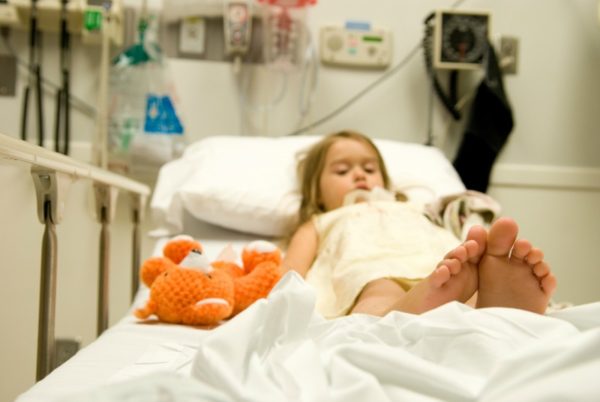
A special teddy or toy can be a huge comfort for your child in hospital
What to take with you
In urgent situations it’s easy to feel frightened and out of control, but the best thing you can do for you and your child is to try and remain calm. If at all possible also try and take some things from home with you to make the trip easier. You may be required to wait in the hospital emergency department for a very long time which can be difficult for young kids, so if you can, grab some essentials such as a water bottle, snacks, nappies, dummy, extra clothes and their favourite teddy or a few other small toys to help amuse them. You may even end up having to stay the night with your child too, so taking anything you might need as well (tampons, jumper, phone charger, etc.) is also a good idea.
Often however there is no time to be prepared – such as when you need to go straight to emergency from the GP or when the situation is extremely critical – so don’t worry if you can’t or don’t remember to take anything. You can always ask hospital staff for things or ring someone else and get them to bring whatever you need.
Depending on the situation with your child, you may need to bring additional things that relate to their condition such as the bottle of poisonous cleaner they swallowed, the spider that bit them (if you’re able to catch it) or their finger (if it was severed), but emergency services will be able to advise you of this on the phone.
Where to park
If you have driven your child to hospital, rather than arriving by ambulance, you need to first of all look for signs directing you to the emergency department. Open 24 hours, 7 days a week, the signs will be large and noticeable. All hospitals should have several emergency car spaces out the front so if your child requires urgent attention park here, otherwise go for a general car park space which will be located a bit further away (provided you’re able to walk with your child). You can always move your car later on if you have not parked in the correct space too.
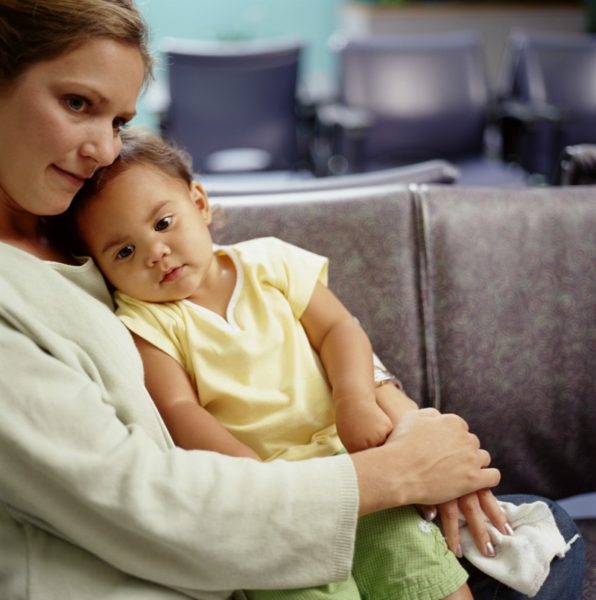
Sometimes waiting in emergency can take hours so be patient
What happens when you arrive
When you enter the emergency department the first thing you need to do is speak with the triage nurse who will assess the situation and take your details. If deemed critical you’ll be seen immediately. Otherwise the time in which it will take for your child to be seen by a doctor is determined by how serious their condition is – and not by whether they arrived first ahead of everyone else. Depending on what other cases are waiting to be seen and their severity, this could be a short while or a long wait – particularly if additional people arrive with more urgent health issues. It can be hard as a parent with a small child (and possibly other children with you also) to wait, particularly if your child is in pain or upset, but try and remain calm and patient so the staff can do their job properly.
Things to remember
If you’re waiting in emergency and have already seen the triage nurse but then your child’s health declines suddenly, don’t just sit there waiting to be called. Alert the hospital staff immediately because the urgency of your situation may have increased and therefore you might need to be seen faster.
It’s also important to remember that just because you’re in emergency it doesn’t always mean the situation is dire – in many cases, such as with babies, you are sent there just in case the problem becomes serious. Many times it’s not serious, or it’s easily resolved with no overnight stays needed.
Finally, don’t forget that if you are advised by a doctor or health professional that your child’s situation doesn’t require a hospital emergency visit, you should never ignore your instincts as a parent. If you personally feel that your child’s life is in danger and requires immediate medical attention, be sure to ring an ambulance or head to the hospital.


